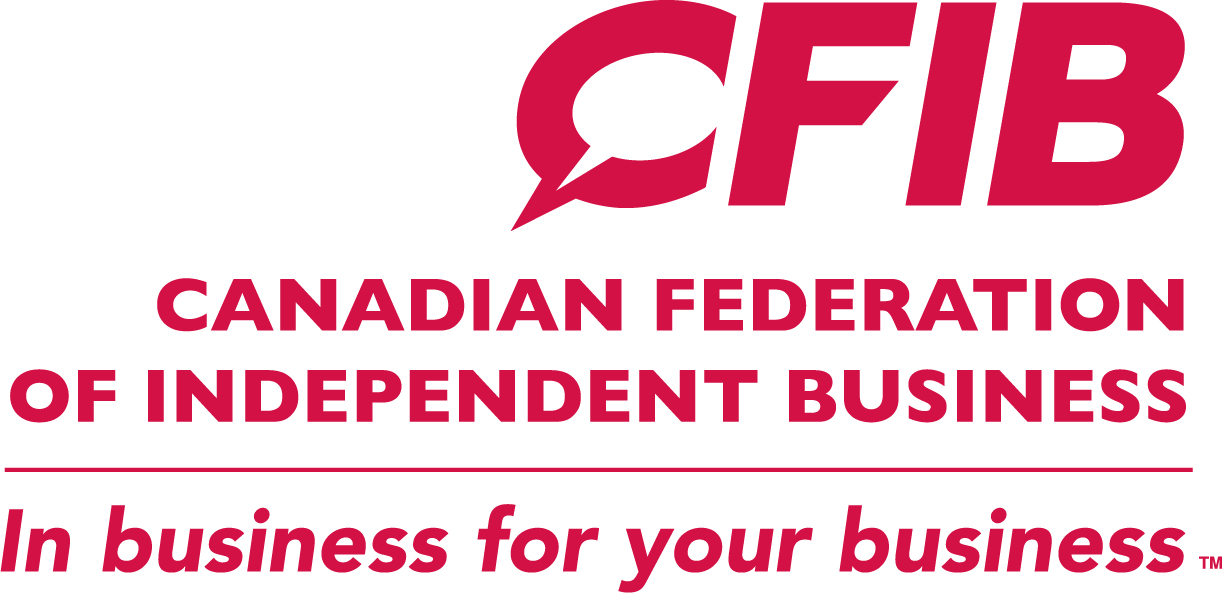Finance ministers urged to address public sector pension gap before looking
at hikes to CPP
TORONTO, Dec. 14 /CNW/ - In advance of the December meeting of Federal, Provincial and Territorial Finance Ministers on December 20th in Alberta, the Canadian Federation of Independent Business (CFIB) wrote to the ministers encouraging them to discuss ways to strengthen Canada's retirement income system without increasing Canadian Pension Plan (CPP) premiums.
In the letter, CFIB outlined its concern over the support in June given by some ministers, including Federal Finance Minister Jim Flaherty, to increase CPP and with proposals from groups such as the Canadian Labour Congress (CLC) to double CPP benefits. "These proposals appear to ignore one very important element," stated Catherine Swift, president of CFIB, "and that is the impact of raising CPP premiums on the economy, employment and wages."
Recent CFIB research found that every 1 percentage point increase in CPP premiums beyond the current 9.9 per cent shared by employers and employees will result in the loss of 220,000 employment years. The CLC proposal would kill 1.2 million person years of employment.
"An overwhelming 71 per cent of small firms are opposed to a mandatory CPP increase," said Swift. "It's no wonder considering they're already paying for increased employment insurance (EI) premiums starting in 2011 and, in many provinces, higher minimum wages and rising workers' compensation premiums. Everyone should be concerned that small businesses are facing a sharply rising employee cost environment and a sluggish economy, which only dampens job creation. Instead of increasing yet another payroll tax, governments need to consider how they can ensure Canadians have jobs and the financial resources to save for their own retirement in the first place."
The letter also urged Finance Ministers to consider the growing gap between public sector pensions and the retirement tools available to other Canadians. "Ending early retirement provisions, ensuring a fair and equal split of pension costs/retiree benefits and a full and fair accounting of all public sector pension and benefit liabilities, should all be accomplished before Canadians are asked to pay one cent more in mandatory CPP premiums," added Swift.
If governments are fixed on increasing CPP, CFIB recommends they examine doing this on the employee-side only. "While rising CPP premiums on employees only is still a concern, ultimately it represents deferring income from the present to the future," Swift said. "For employers, however, an increase in CPP is simply a payroll tax hike with no future benefit accruing to the firm."
To read the entire letter: www.cfib.ca
For a report on the impact of a CPP increase see: www.cfib-fcei.ca/cfib-documents/rr3210.pdf
For further information:
or to set up an interview please contact Adam Miller or Meghan Carrington at 416-222-8022 or via[email protected]

Share this article